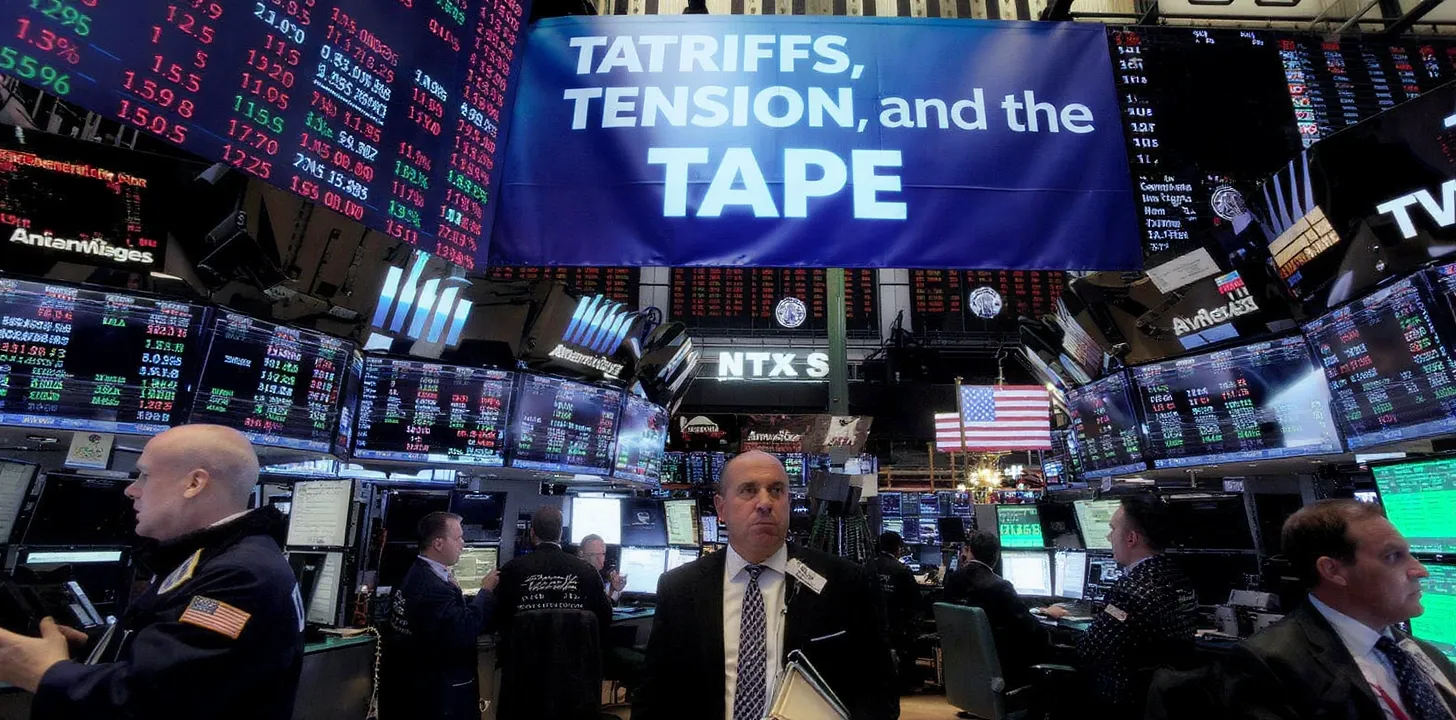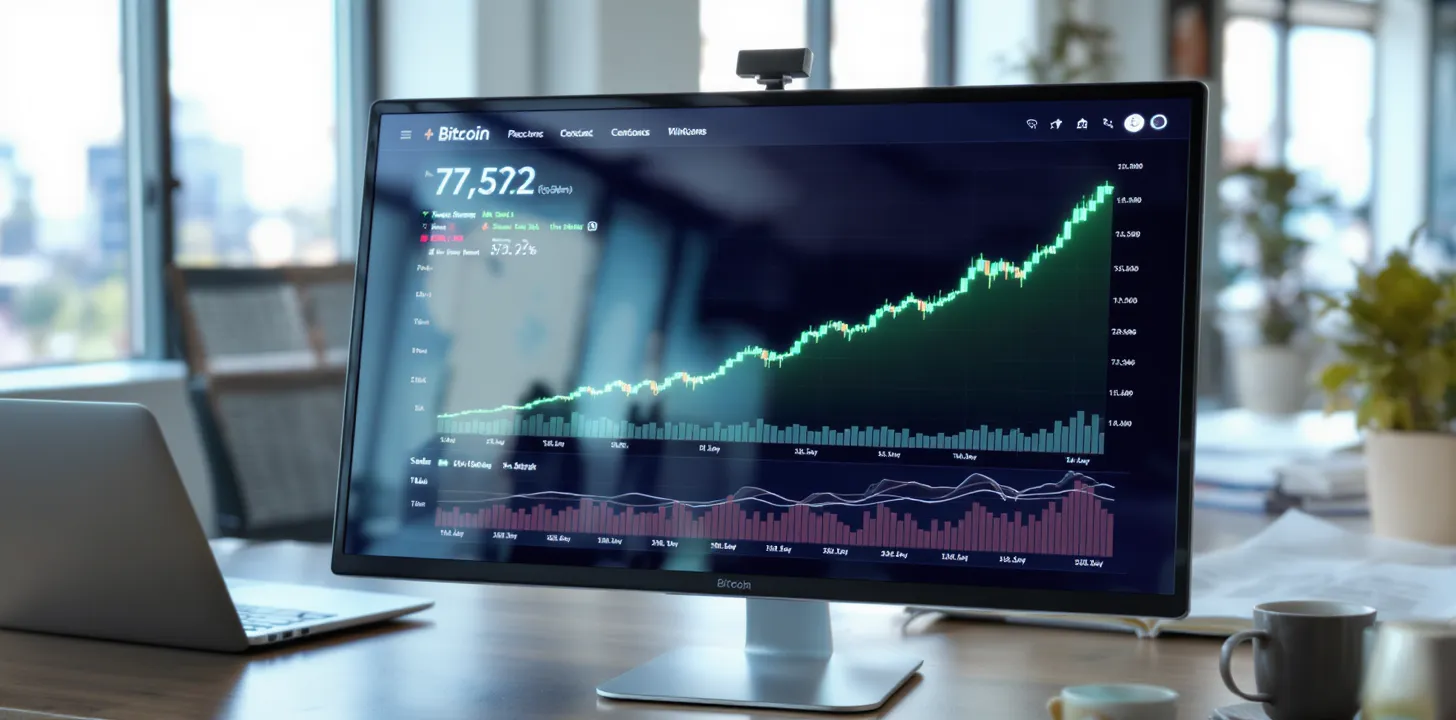The financial markets offer immense opportunities, but they also pose significant risks. Whether you’re trading stocks, currencies, or commodities, a successful trader needs more than just technical knowledge or access to real-time data. Becoming a top trader requires a combination of hard skills, such as analysis and strategy, and soft skills, such as emotional control and discipline. In this article, we’ll explore the top skills and mindsets that define the most successful traders.
1. Technical and Fundamental Analysis
One of the core skills every trader must master is the ability to analyze the markets. Technical analysis involves studying price charts, identifying patterns, and understanding trends. This is essential for timing entry and exit points in trades. Indicators such as moving averages, Bollinger Bands, and Relative Strength Index (RSI) are tools traders often use to predict price movements.
On the other hand, fundamental analysis focuses on the intrinsic value of an asset. For currency traders, this means understanding economic data such as GDP, interest rates, and inflation. Stock traders, meanwhile, need to consider a company’s earnings reports, management quality, and market competition.
Balancing both forms of analysis allows traders to make informed decisions and navigate different market conditions.
2. Risk Management
Risk management is arguably the most important skill for a trader. Even the most successful traders lose trades; what separates them from others is how they manage these losses. Effective risk management involves setting stop losses, using appropriate position sizes, and ensuring that risk-to-reward ratios are favorable.
A general rule is not to risk more than 1-2% of your trading capital on a single trade. This ensures that a string of bad trades won’t wipe out your entire account. Additionally, employing diversification—spreading trades across different assets or markets—can help reduce overall risk exposure.
3. Adaptability
Financial markets are unpredictable. What works in a bullish market may not work in a bearish one, and markets can shift rapidly based on news, geopolitical events, or economic data releases. As a result, traders must be adaptable. This means continually refining strategies, learning from mistakes, and being willing to pivot when necessary.
Top traders also stay informed about market trends and innovations. For example, in recent years, algorithmic and high-frequency trading have changed the landscape. A successful trader must be willing to adopt new technologies and strategies to stay ahead.
4. Emotional Control
Trading can be emotionally taxing. The excitement of making a profitable trade and the disappointment of a losing one can cause traders to make impulsive decisions. One of the key mindsets of successful traders is the ability to manage emotions effectively.
Fear and greed are the two biggest emotions that can disrupt trading performance. Fear may cause a trader to exit a position too early, missing out on potential profits, while greed might push a trader to hold onto a position for too long, leading to losses. Maintaining emotional balance and sticking to pre-defined trading plans is essential to long-term success.
5. Patience and Discipline
Patience and discipline go hand in hand in trading. Markets may not always offer good trading opportunities, and it’s essential to wait for setups that align with your trading strategy. Jumping into trades out of boredom or anxiety can lead to losses.
Discipline involves sticking to your trading plan, even in difficult times. Top traders meticulously follow their risk management rules and are disciplined about their strategy execution. They understand that consistent small gains add up over time, and they resist the urge to chase after huge, risky profits.
6. Continuous Learning
Markets are constantly evolving, and what worked last year might not work today. Successful traders know the importance of continuous learning. They dedicate time to study market behavior, new strategies, and emerging financial trends. This might involve reading books, taking courses, attending webinars, or analyzing past trades to refine their approaches.
In addition to technical knowledge, understanding the psychology of the market is critical. Trader sentiment, herd behavior, and market anomalies are factors that a well-rounded trader considers to gain an edge.
7. Networking and Collaboration
Though trading can often seem like a solitary activity, networking and collaboration play a crucial role in a trader’s success. Top traders often share strategies, market insights, and best practices with a community of like-minded individuals. Being part of a trading group or mentorship program can offer valuable feedback and support.
Additionally, staying connected to other traders allows for sharing lessons learned from past trades and discussing various perspectives on market dynamics. This collaboration can help traders avoid emotional biases and make more objective decisions.
8. Long-Term Mindset
Finally, the most successful traders are those who think long-term. They understand that success in trading is not about making quick profits but rather about building wealth over time. This requires a deep commitment to the process, including learning from losses and constantly improving skills and strategies.
A long-term mindset also helps traders weather the ups and downs of the market. They don’t panic during temporary setbacks, and they don’t become overconfident after a few winning trades. Instead, they remain focused on their long-term goals, understanding that consistent effort over time leads to success.
Conclusion
Becoming a top trader is a continuous journey that requires more than just market knowledge. It’s a blend of technical skills, emotional intelligence, discipline, and adaptability. By mastering these core skills and cultivating the right mindset, traders can navigate the volatile world of financial markets and achieve long-term success.



